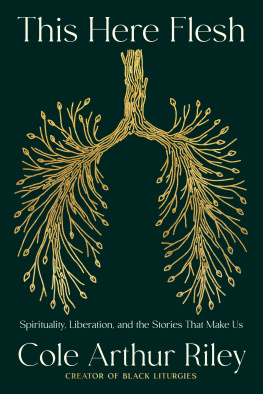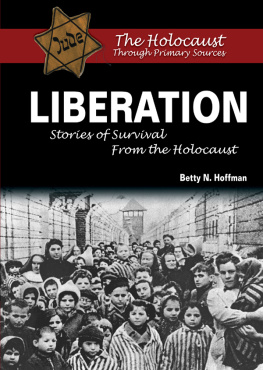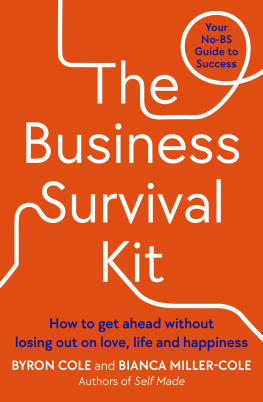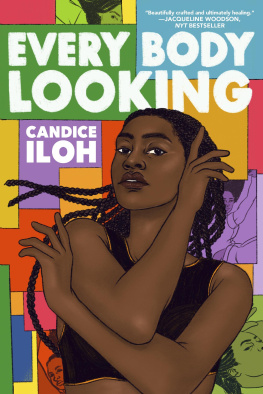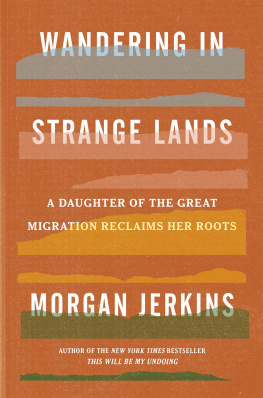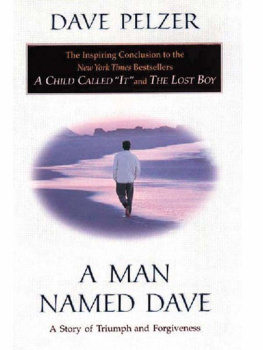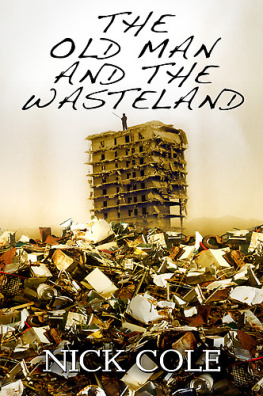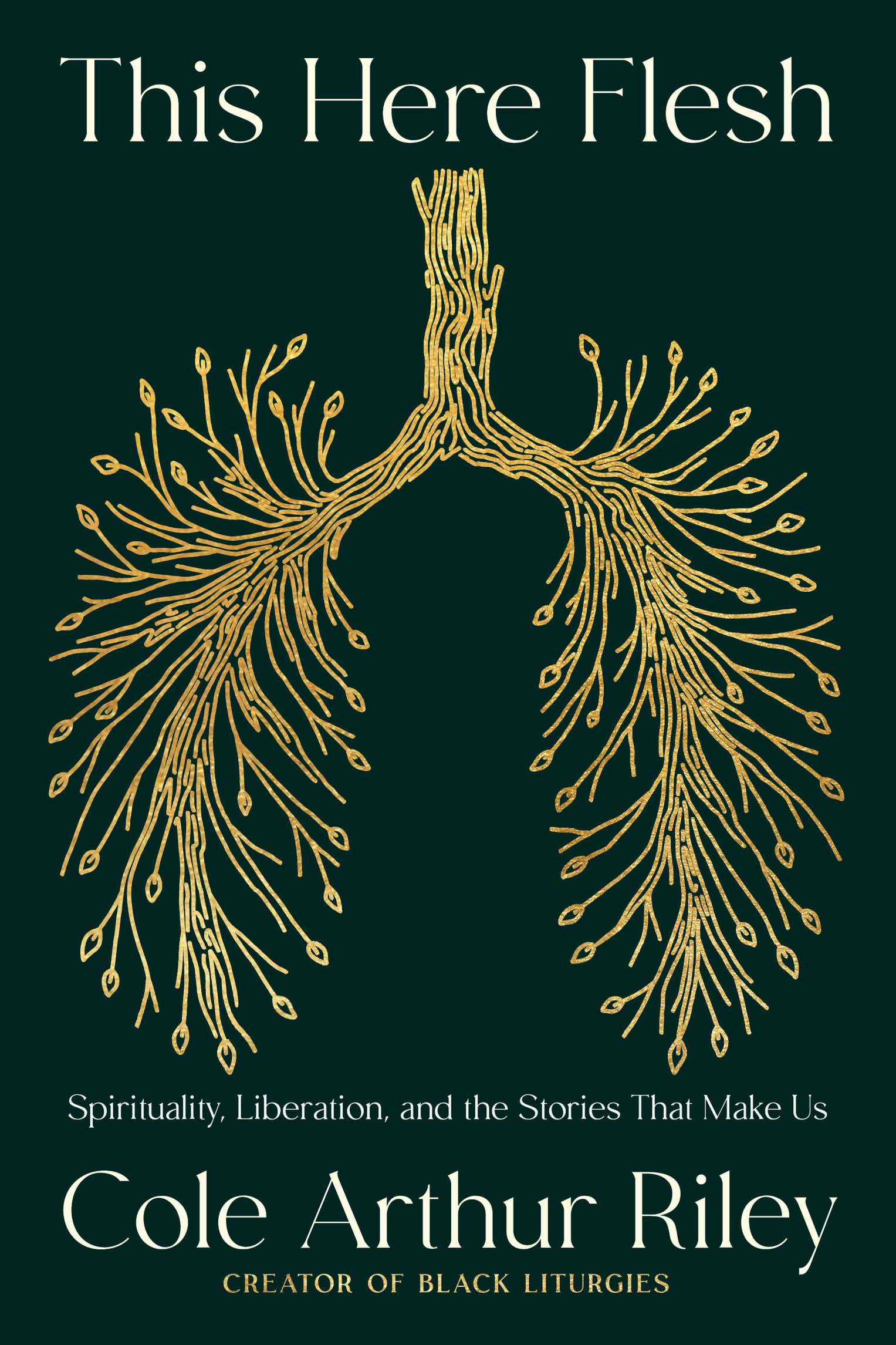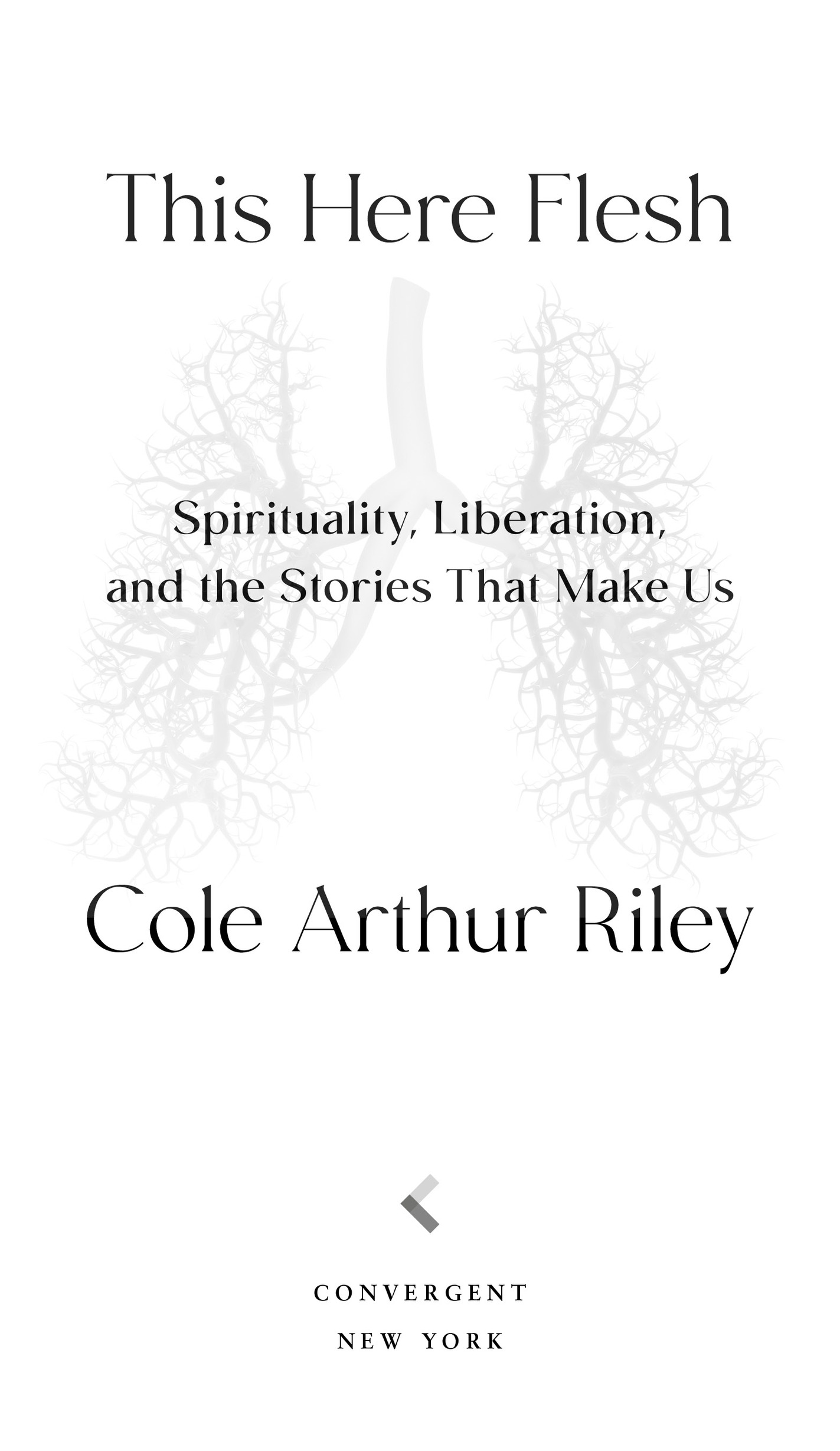Cole Arthur Riley - This Here Flesh: Spirituality, Liberation, and the Stories That Make Us
Here you can read online Cole Arthur Riley - This Here Flesh: Spirituality, Liberation, and the Stories That Make Us full text of the book (entire story) in english for free. Download pdf and epub, get meaning, cover and reviews about this ebook. year: 2022, publisher: The Crown Publishing Group, genre: Religion. Description of the work, (preface) as well as reviews are available. Best literature library LitArk.com created for fans of good reading and offers a wide selection of genres:
Romance novel
Science fiction
Adventure
Detective
Science
History
Home and family
Prose
Art
Politics
Computer
Non-fiction
Religion
Business
Children
Humor
Choose a favorite category and find really read worthwhile books. Enjoy immersion in the world of imagination, feel the emotions of the characters or learn something new for yourself, make an fascinating discovery.
- Book:This Here Flesh: Spirituality, Liberation, and the Stories That Make Us
- Author:
- Publisher:The Crown Publishing Group
- Genre:
- Year:2022
- Rating:5 / 5
- Favourites:Add to favourites
- Your mark:
This Here Flesh: Spirituality, Liberation, and the Stories That Make Us: summary, description and annotation
We offer to read an annotation, description, summary or preface (depends on what the author of the book "This Here Flesh: Spirituality, Liberation, and the Stories That Make Us" wrote himself). If you haven't found the necessary information about the book — write in the comments, we will try to find it.
This is the kind of book that makes you different when youre done.Ashley C. Ford, New York Times bestselling author of Somebodys Daughter
Reaches deep beneath the surface of words unspoken, wounds unhealed, and secrets untempered to break them open in order for fresh light to break through.Morgan Jerkins, New York Times bestselling author of This Will Be My Undoing and Caul Baby
From the womb, we must repeat with regularity that to love ourselves is to survive. I believe that is what my father wanted for me and knew I would so desperately need: a tool for survival, the truth of my dignity named like a mercy new each morning.
So writes Cole Arthur Riley in her unforgettable book of stories and reflections on discovering the sacred in her skin. In these deeply transporting pages, Arthur Riley reflects on the stories of her grandmother and father, and how they revealed to her an embodied, dignity-affirming spirituality, not only in what they believed but in the act of living itself. Writing memorably of her own childhood and coming to self, Arthur Riley boldly explores some of the most urgent questions of life and faith: How can spirituality not silence the body, but instead allow it to come alive? How do we honor, lament, and heal from the stories we inherit? How can we find peace in a world overtaken with dislocation, noise, and unrest? In this indelible work of contemplative storytelling, Arthur Riley invites us to descend into our own stories, examine our capacity to rest, wonder, joy, rage, and repair, and find that our humanity is not an enemy to faith but evidence of it.
At once a compelling spiritual meditation, a powerful intergenerational account, and a tender coming-of-age narrative, This Here Flesh speaks potently to anyone who suspects that our stories might have something to say to us.
Cole Arthur Riley: author's other books
Who wrote This Here Flesh: Spirituality, Liberation, and the Stories That Make Us? Find out the surname, the name of the author of the book and a list of all author's works by series.

